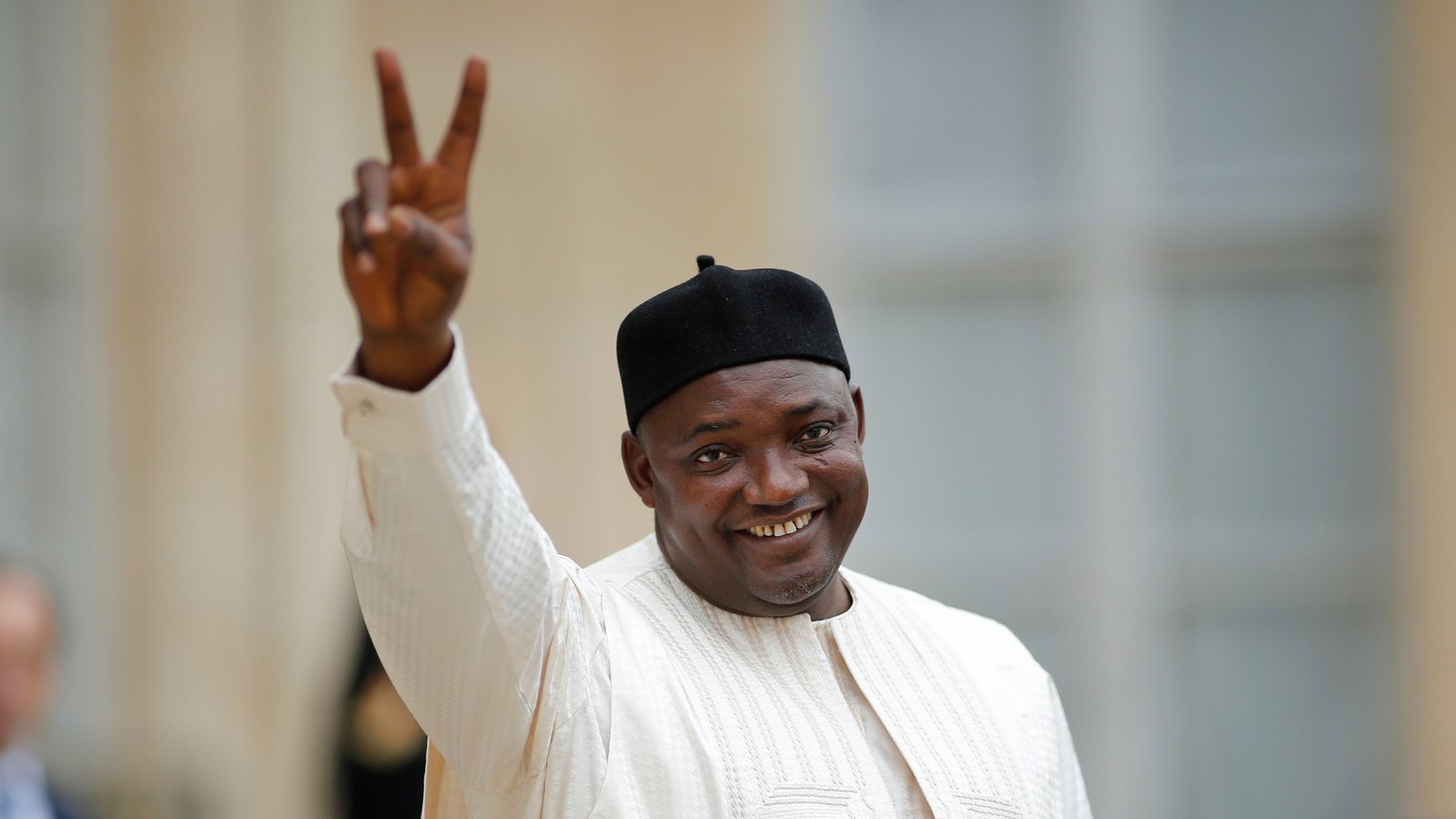By noon on Monday a sense of calm had settled on the streets of Serekunda and Banjul, Gambia’s two largest cities, after a night of wild celebrations and protests erupted following the announcement of the results of Saturday’s presidential election.
Incumbent Adama Barrow won a second, five year term on a platform of continuing ambitious infrastructure development projects, and inviting foreign investment into Gambia’s energy sector. Voters turned out en masse in support of his pledge to increase access to water and electricity in rural communities, giving him a landslide 53% of the vote.
Level playing field?
With the results from 3 of the 53 constituencies yet to be announced, Barrow’s main challenger Ousainou Darboe of the United Democratic Party (UDP) and two other candidates issued a joint statement rejecting the results outright, warning that “all actions are on the table”.
This prompted thousands of UDP supporters to take to the streets near Darboe’s home near Serekunda demanding the annulment of the results.
Bintu, a 30 year old seamstress, said the perceived delay in announcing the results raised her suspicions that Barrow’s National People’s Party had colluded with the Independent Electoral Commission to steal the vote.
International monitors have declared the polls free and fair, a boost for Gambia’s young democracy in its first elections without former dictator Yahya Jammeh, who seized power in 1994 and was forced out in 2017.
In a preliminary statement seen by African Business, the European Election Observation Mission in The Gambia (EU EOM) said the “overall performance of polling staff was assessed as good… and results were announced progressively by constituency, which promoted transparency.”
However, the EU EOM raised concerns about a lack of campaign finance regulation that led to an unlevel playing field that favoured Barrow, saying the widespread distribution of goods and gifts gave the President an unfair advantage.
Turnout on Saturday’s election was substantial, with 87% of the electorate casting their marbles, and over half of all voters were women.
After months of rallies the UDP secured 28% of the vote, cementing Darboe’s fourth and possibly final election defeat.
On Monday, the party pondered the pursuit of a legal challenge in court after rejecting the results due to unspecified irregularities.
Hours earlier, President Barrow received a standing ovation when he addressed crowds in the capital, Banjul, saying “democracy has taken its course… I have been the lucky person to be chosen by you. I’ll use all the resources to make Gambia a better place for all.”
NPP voters danced into the night, while others tore down UDP campaign posters.
Hopes for economic revival
The government is paving the way for a healthy financial environment despite Covid depleting GDP and keeping tourists at bay. The IMF projects GDP growth of 4.9% this year compared to a contraction of -0.2% last year.
Barrow’s infrastructure drive could also signal an investment and construction boom. He inaugurated one major and two smaller bridges over the River Gambia in his first term, which has been a boon for trade with Senegal.
“Barrow will continue his heavy infrastructure development and add to the 600 kilometres of road networks he’s built,” says Hassoum Ceesay, a historian and political commentator.
“So that means in the construction sector there will continue to be a lot of improvement in investment and jobs.”
In October, Barrow promised an additional $81m towards road and bridge development in the Upper River Region, a project supported by the Chinese government.
The Ministry of Petroleum and Energy recently built a large office building in Serekunda, and officials are optimistic that Gambia can strike oil and gas reserves off its coastline and inland.
The renewable energy sector has been boosted by September’s inauguration of Gambia’s $3.7m Renewable Energy Potentials project, which will electrify rural areas and train 210 Gambians.
Read original story on African Business

